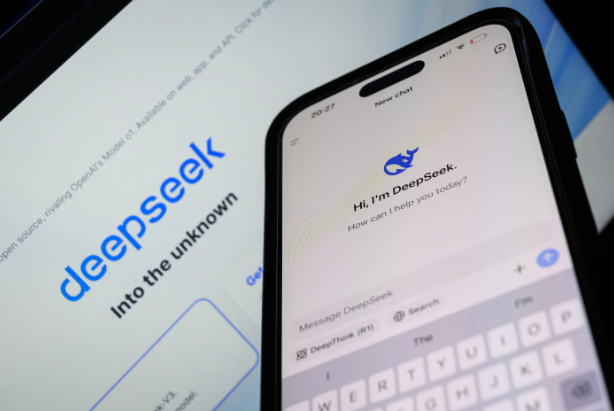
On February 4, 2025, the Australian government suddenly announced a ban on the use of China's artificial intelligence large language model DeepSeek's services on all government systems and devices. This decision immediately attracted widespread attention and discussion, especially in the fields of artificial intelligence technology and national security.
Australian Home Affairs Minister Tony Burke said in a statement that DeepSeek products, applications and services will be removed from government systems immediately. He pointed out that the decision was made based on the threat assessment results of Australian intelligence agencies, which believed that DeepSeek-related technologies posed an unacceptable risk. Although Burke claimed that the ban was not aimed at China but was based on the results of technical risk assessment, this explanation did not completely eliminate external doubts. Andrew Charlton, the government's cybersecurity envoy, also emphasized that the ban was an action taken based on the advice of security agencies, not a symbolic measure. He said that the Australian government did not want to expose government systems to these applications.
DeepSeek is a new generation of large models launched by the Chinese artificial intelligence company DeepSeek. It has achieved results comparable to the top American AI models at a lower cost and smaller computing power scale, and has received widespread attention and popularity among users in many countries. However, some Western forces have shown hostility towards DeepSeek, believing that it poses a threat to national security. As early as January 28, Ed Husik, Australia's Minister of Industry and Science, said that he foresaw similar discussions about the risks posed by DeepSeek to national security. In 2023, Australia has banned the use of TikTok on government devices.
This ban has undoubtedly dealt a major blow to the development of DeepSeek. As a new generation of large models launched by Chinese artificial intelligence company DeepSeek, DeepSeek has achieved results comparable to the top AI models in the United States at a lower cost and smaller computing power scale, and has received widespread attention and popularity among users in many countries. However, Australia's ban has severely impacted DeepSeek's market share in the country and its international reputation has also faced challenges. In addition, this decision may trigger a chain reaction in other countries, bringing uncertainty to DeepSeek's business expansion worldwide.
From Australia's perspective, this ban is not without impact. As an important direction of scientific and technological development in today's world, artificial intelligence technology has broad application prospects in many fields such as government decision-making, public services, and economic development. The ban on the use of DeepSeek may cause the Australian government to lag behind other countries in the application of artificial intelligence technology, affecting its international competitiveness. At the same time, the Australian government is also facing pressure from domestic technology companies and all sectors of society, who may disagree with the government's decision and believe that it will restrict technological innovation and application.
At the international level, Australia's ban has triggered extensive discussions on data privacy and national security. While promoting the development of artificial intelligence technology, how countries can balance security risks and technological innovation has become an urgent issue to be resolved. Behind this decision, it also reflects Australia's cautious attitude in the face of emerging technologies and its high attention to national security in the global geopolitical landscape.
This ban not only has a certain impact on the development of DeepSeek, but also poses a new test for the international community's cooperation and development in the field of artificial intelligence. In the future, how countries can balance technological development and security risks in international cooperation will be an important topic. At the same time, how to promote technological innovation and fair competition while protecting national security is also an issue that governments need to seriously consider.

Recently, according to Xinhua News Agency, Israel's air strike on the southern suburbs of Beirut, the capital of Lebanon, has once again pushed the tense situation in the Middle East to the forefront.
Recently, according to Xinhua News Agency, Israel's air str…
A strongly worded report from the Equality Trust argues tha…
On November 27, 2025, Alibaba officially entered the global…
The focus of the global financial market in 2025 has always…
On November 25th local time, European Commission President …
As the Russia-Ukraine conflict remains deadlocked, diplomat…